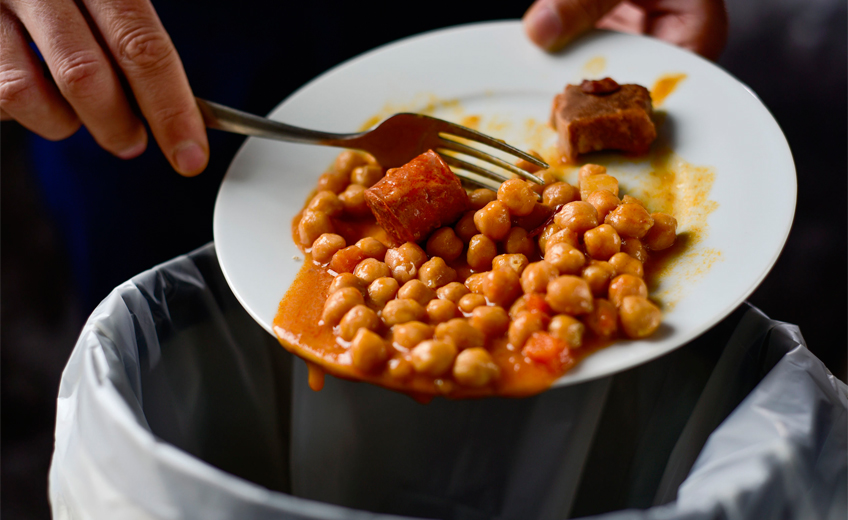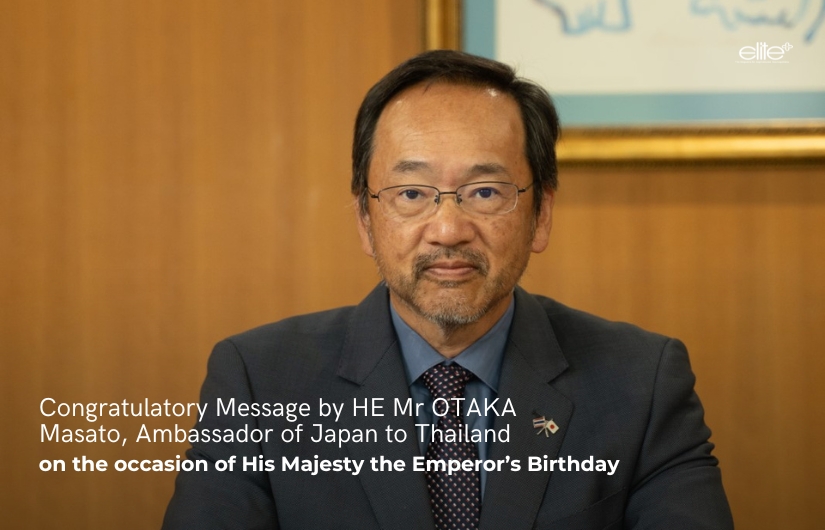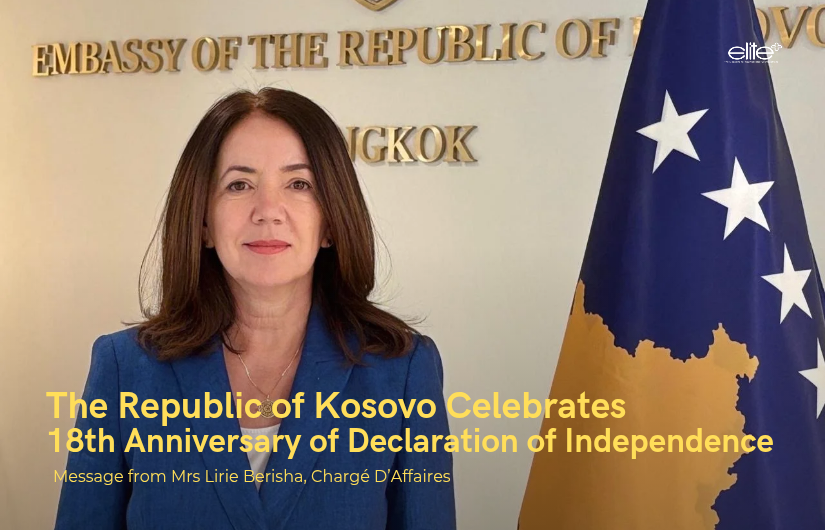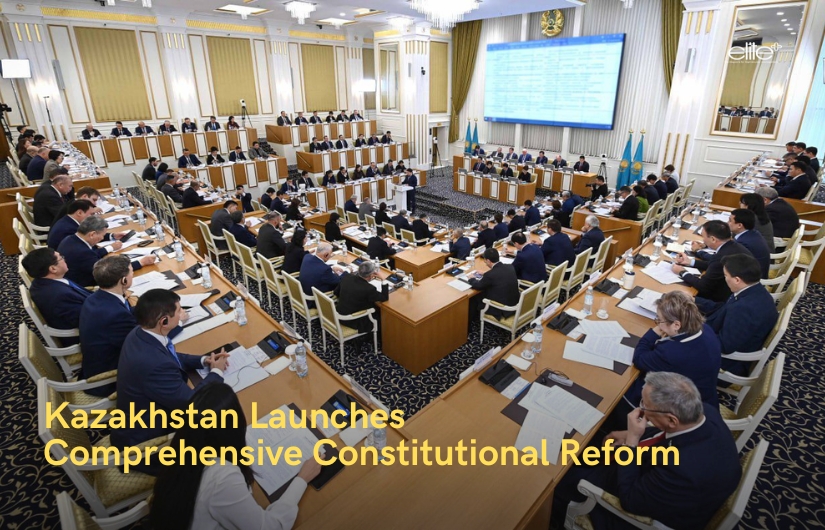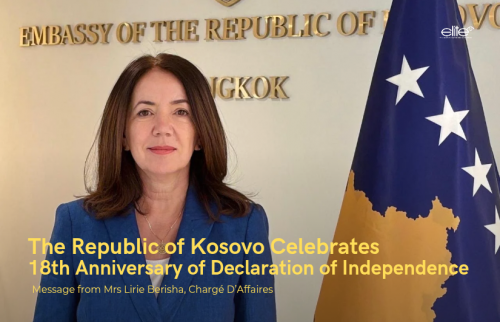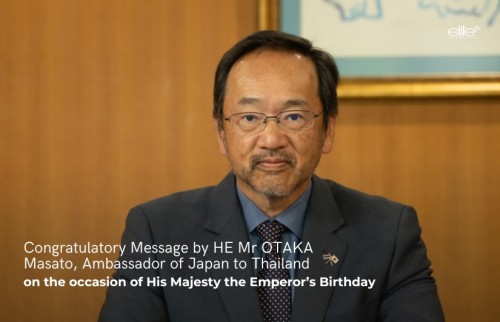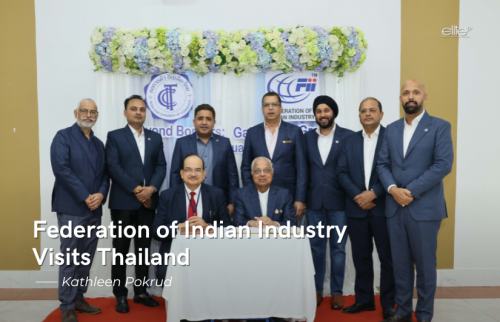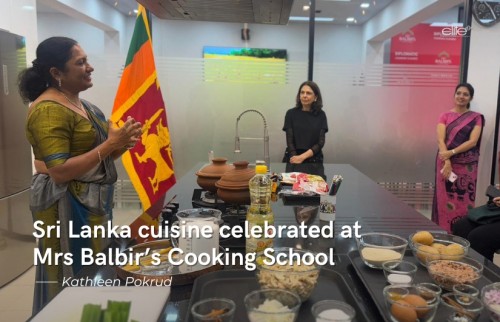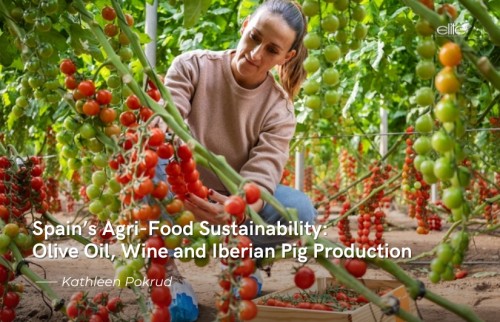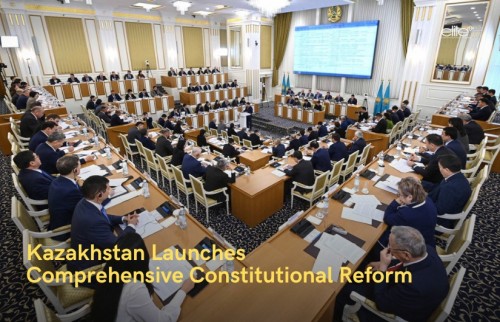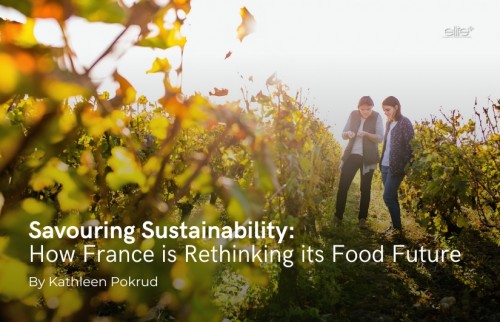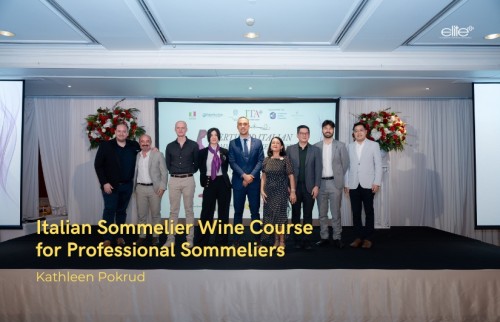Food waste – besides costing money, time and resources – is a big contributor to carbon emissions, and minimizing it may be key to the sustainability of company and planet; Benjamin Lephilibert explains how
From French classics and vegetarian dishes to ramen and pizza, Benjamin Lephilibert is a lover of cuisines who has made a name for himself as self-made food-waste engineer and sustainability specialist. Although he was born in the French Alps and has lived and worked around the world, his deepest roots are in Thailand’s bustling capital, where he operates LightBlue Environmental Consulting. Lephilibert sat down with Elite+ to talk about the global food waste issue, what can be done about it and the big business of sustainability.
At some point in our lives, we’ve all been guilty of throwing away the scraps of food left on our plates. Many of us have also had the experience of opening the refrigerator door, reaching to the back and pulling out last week’s leftovers only to find it spoiled and having to throw it in the bin.
No one likes to see food go to waste; it leaves us feeling, well, wasteful and somewhat cheated because we haven’t got the best value for our money. The problem is, most people don’t realize exactly how much food they are throwing away, and that includes restaurants and hotels.
Food waste has become a global problem. In fact, if it was a country, it would be the third largest contributor to carbon emissions. According to the UN Food and Agriculture Organization (UNFAO), up to one third of all food is wasted globally, amounting to roughly 1.3 billion tonnes per year. Throughout the supply chain, carbon dioxide, methane, nitrous oxide and hydrofluorocarbons are emitted into the atmosphere, contributing 8 per cent of total global greenhouse gas emissions. Not to mention the plastic bags and wrappers, metal cans, glass jars, cardboard boxes, styrofoam packaging, energy, water, land, fertilizer, pesticides, manpower and love used to produce, package, store and cook our food.
So by throwing away half a plate of boeuf bourguignon from your favourite French restaurant, half of the emissions that resulted from producing, processing, packaging, shipping, storing, picking up and cooking it are also wasted.
Enter Benjamin Lephilibert, founder of LightBlue Environmental Consulting – a regional auditing, capacity building and consulting firm that supports organizations in their efforts to improve profitability and minimize their social and environmental footprint – and a man who would never let a plate of boeuf bourguignon go unfinished.
Lephilibert founded LightBlue Environmental Consulting in 2012, but is no newcomer to the world of hospitality and sustainability. In 2005, he graduated from the University of Geneva with his master’s degree in international relations and development studies, then later went on to complete his MSc in tourism, environment and development at King’s College London. He started his career in sustainability in 2008, when he joined AccorHotels as the Green Globe certification manager for 45 Novotel properties across Asia. He then became an independent consultant for the UN ILO on greening the hotel industry in Thailand and the Philippines, and in parallel founded LightBlue Environmental Consulting.
Throughout his career he’s worked across both Asia and Europe with various partners from the private sector, government agencies including the Thailand Culture and Exhibition Bureau (TCEB), as well as international organizations such as the EU and WWF. A pioneer on the topic of food waste prevention, he’s been an international guest speaker at conferences and forums around the world, been a guest lecturer, a judge for international sustainability awards and is an active member of several sustainable tourism working groups including the Global Sustainable Tourism Council (GSTC).
Lephilibert also co-developed the Pledge on Food Waste – a comprehensive third-party restaurant certification endorsed by UNDP Thailand and aligned with UN sustainable development goals No 2, 12 and 13. The pledge, designed with food efficiency as a primary goal, integrates a food waste monitoring system, online data tracking, behavioural change and revision of SOPs at critical food waste generation points – with the branding acting as the icing on the cake.
“I started LightBlue Consulting with a vision to reconcile excellence in the hospitality industry with sustainability,” Lephilibert told Elite+. “Sustainability is big business these days and there was a big gap in the market for it, especially for food waste in hospitality. After we identified this gap, we showed them that sustainability is good business.
“Food waste has a tremendous impact on the environment and is an extremely damaging issue that is overlooked, misunderstood and underestimated in the hotel industry. Each and every ingredient not only costs hotels money but also uses energy and manpower. When produce spoils or is thrown in the bin, it is a gigantic financial loss. According to the Boston Consulting Group, the annual global loss from food waste amounts to about US$1.2 trillion. So we develop solutions that make financial sense.”
Why does so much food go to waste in the hospitality industry? “There is a huge gap in terms of understanding food waste. Most hotels and restaurants do not quantify and measure it. What you don’t measure you don’t manage nor know exactly what is wasted, so the financial impact is not measured. Hotels also mainly look at incomplete financial indicators, with the food cost percentage being the gold standard – basically, the amount spent on buying the raw product. But there are many ways to tweak this indicator too and it doesn’t reflect what has been lost if the selling price is high enough. Even a ‘healthy’ food cost percentage doesn’t take into account what has been lost. The industry is also lagging behind because the margins are high; they don’t consider it as a necessity and they think it is just a fraction when sales are quite big. As a result, we decided to use different performance indicators that are now used by all of our partners as KPIs, such as the food waste (g)/cover, cost ($)/cover or kg purchased/ cover, providing new performance metrics for the industry.”
Chefs are often held responsible for the quantity of food discarded, however they cannot have their eyes everywhere at all times; bins only work as black holes. “Food waste prevention initiatives need to be crossdepartmental; one person can’t do much – you have to work with the entire team which includes F&B, finance, even HR. The right mindset needs to filter from the top and get everyone on board; then we can assign roles and responsibilities.”
LightBlue’s food waste prevention programme implements a system in organizations to prevent food waste and cut financial losses. The first step is to ensure the entire organization fully understands the issue. “A system has to go hand-in-hand with monetary and cultural awareness. We have to change the mindsets of the organization and implement a human-centred food waste solution, focusing first on getting employees to understand why it has such a social, environmental and financial impact,” explained Lephilibert. “The ultimate goal is for our partners to achieve ‘zero food waste to landfill’, based on the EPA food waste pyramid hierarchy of preferred options – which includes food waste prevention, feeding people, feeding animals or transforming waste.”
The secret to these programmes’ success: “combining a strong human approach with the right twist of technology”, said Lephilibert. A key element in this programme is LightBlue’s tech, the Food Excess Monitoring Platform, or FEM – a web-based application which helps organizations collect, analyse and access food waste data on demand in order to measure, understand and ultimately manage it more efficiently.
Roughly 95% of LightBlue’s business involves developing unique food waste prevention programmes for hotels, restaurants, schools and culinary institutes including Bangkok Marriott Marquis Queen’s Park, JW Marriott in Bangkok and Phuket, Plaza Athenee Bangkok, The Peninsula Bangkok, Niyama Private Islands in Maldives, Cofoco restaurant group in Copenhagen, Paul Bocuse culinary institute, and Bangkok’s Bo.Lan.

But it’s not just hotels and restaurants that are striving to reduce their food waste. LightBlue also partners with the TCEB, which for the past two years has provided subsidies for hotels and convention centres who can show a reduction of 10% in food waste and change of procedures. With food waste prevention initiatives in place, these subsidies can cover between 40-100% of the costs. In addition, participants in the food waste programme will be joining the list of preferred green venues that will be shared to members of the Stock Exchange of Thailand.
Of course, food waste also happens in each of our homes, for which Lephilibert has a few tips and tricks. “Make a shopping list and know what you want to buy before you go shopping; people tend to overbuy and it often spoils in the fridge. Try to not systematically accept marketing offers like ‘buy two, get one free’; sometimes it sounds like a great deal but you waste the third free option. Check your fridge regularly to see what is about to expire and cook or freeze it before it does. A freezer is not a dumpster, but it is very useful for when food is about to expire. It can buy more time on your items. Also, be curious with food leftovers and reutilize food scraps and peels.”
LightBlue’s full range of services focus on every aspect of sustainability and range from auditing energy efficiency and water usage, finding solutions for waste minimization and alternatives to chemical-based products, to conducting staff training, offering support in acquiring green certifications, organizing green meetings and even optimizing guest participation in green hotel policies.


